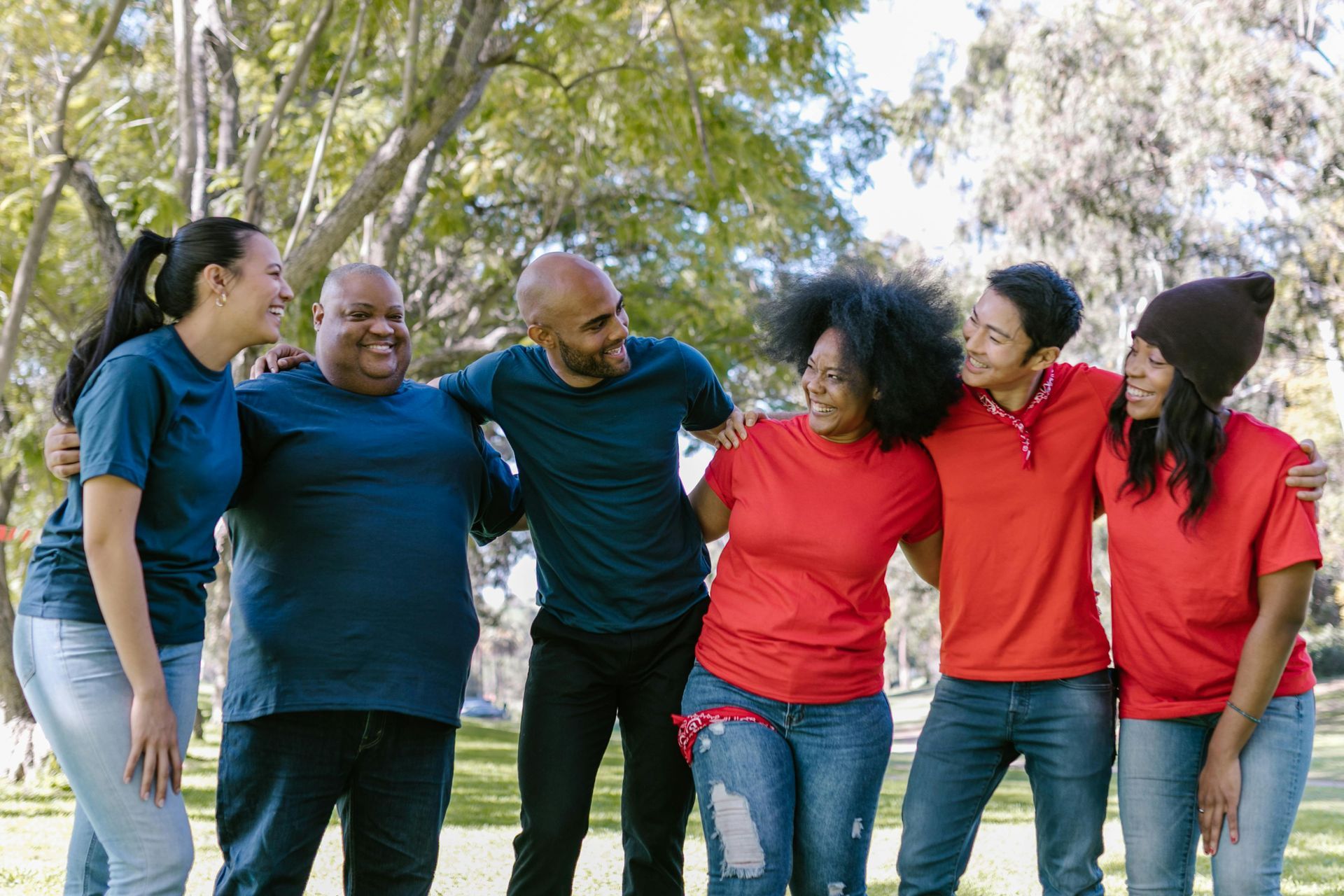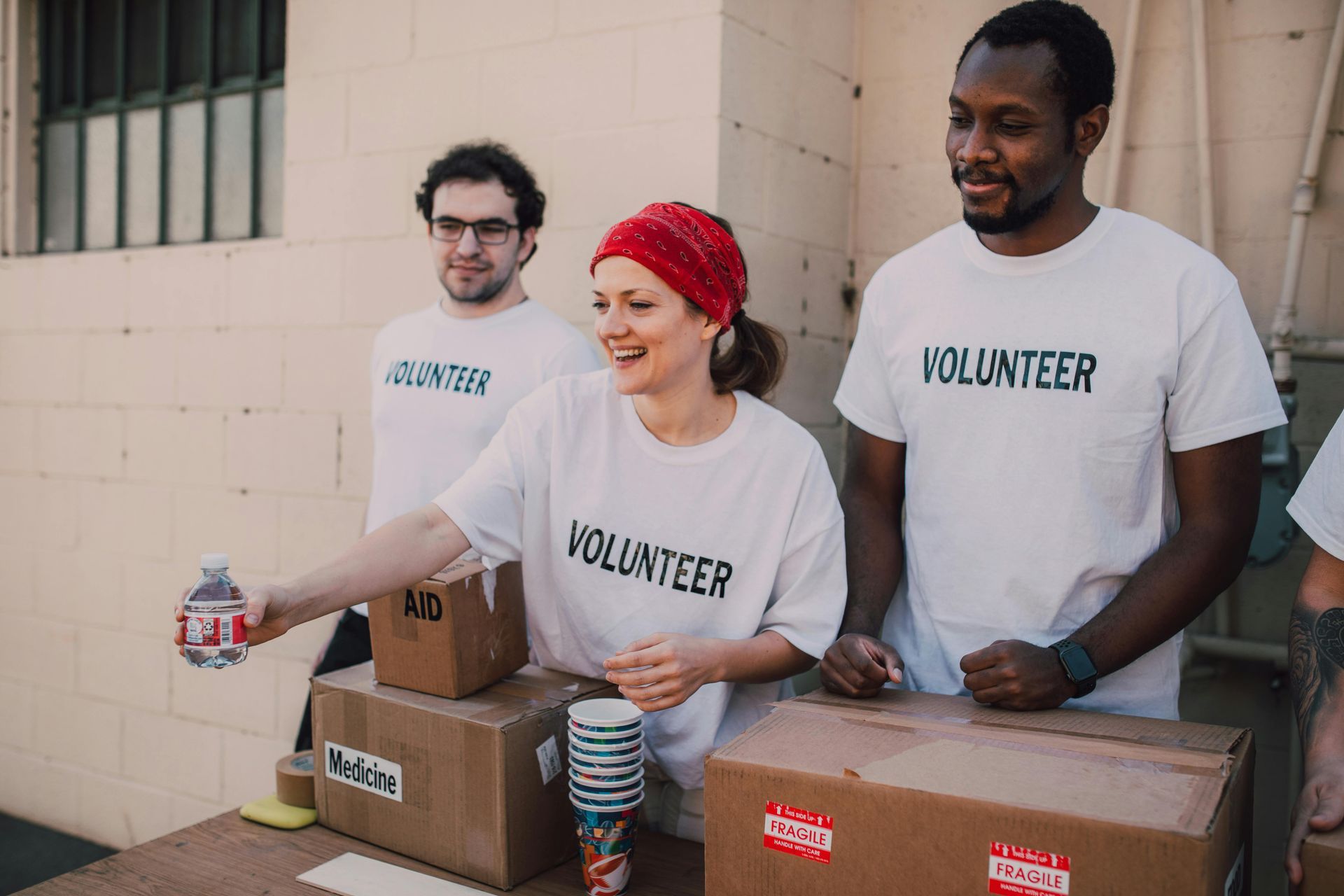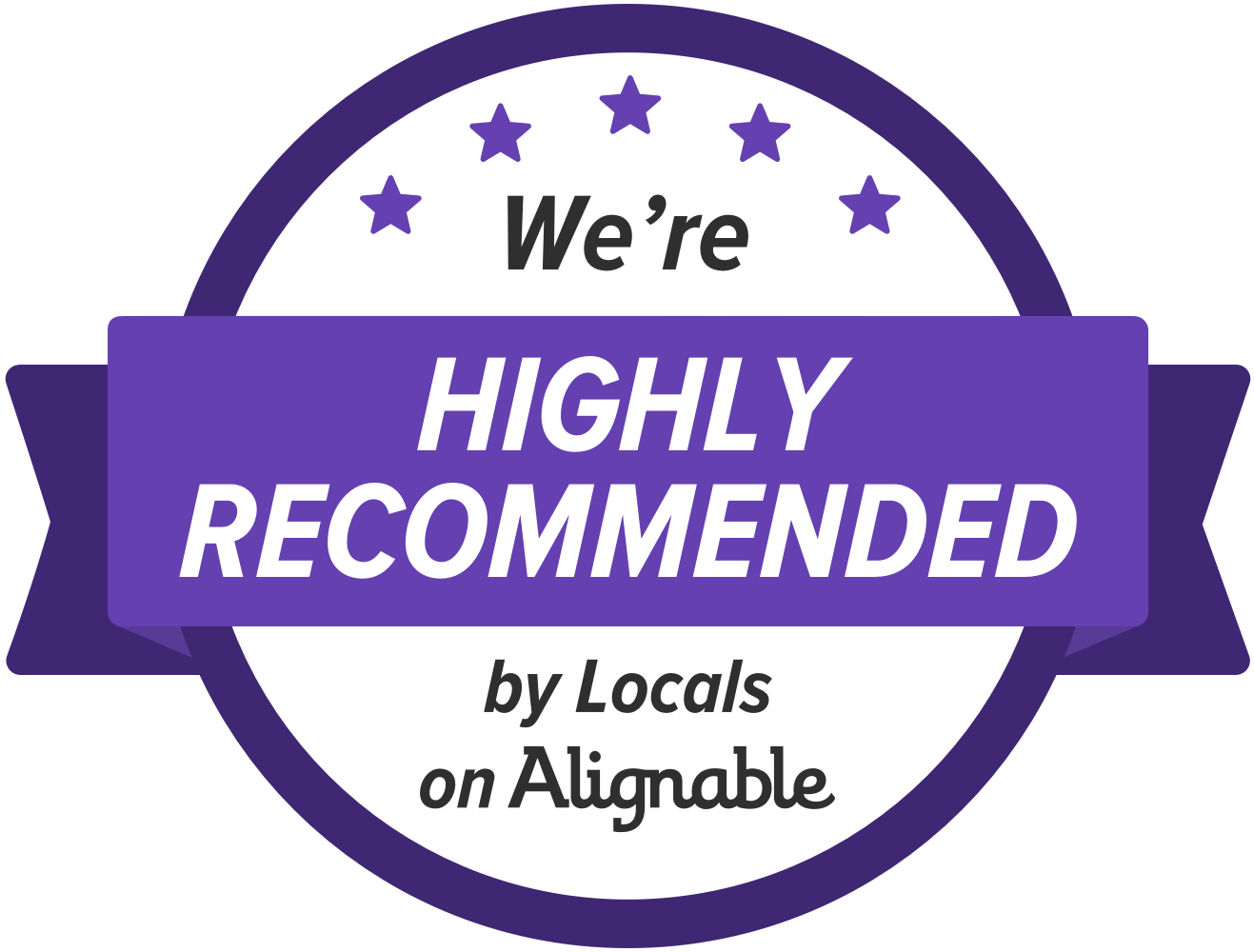Inspiring Impact: How Nonprofit Organization Events Are Changing Lives
Enhancing Nonprofit Fundraising with Easy Online Donations and Targeted Strategies
In a world where every act of kindness makes a significant impact, nonprofit organization events shine as beacons of hope and positive change. These gatherings serve a dual purpose of raising awareness for various causes and bringing communities together for a common goal. With their ability to inspire, educate, and mobilize individuals, nonprofit events have the power to transform lives and create lasting change.
From charity runs that support vital research to galas that raise funds for underprivileged communities, these events not only draw attention to important issues but also provide a platform for individuals to take action. They create an environment where volunteers, donors, and beneficiaries can connect, share their stories, collaborate, and find a sense of purpose.
By harnessing the inherent power of human connection, nonprofit events cultivate empathy, compassion, and a deep sense of community. They offer an opportunity for people to come together, make a difference, and be part of something greater than themselves. From the smallest local initiatives to the most high-profile international gatherings, nonprofit organization events inspire individuals to push boundaries, challenge societal norms, and strive for a better world.
Join us as we explore the remarkable impact nonprofit events have on individuals, communities, and society as a whole. Discover the stories that will leave you inspired to take action and make a difference in the lives of others.
Key Takeaways
- Fostering Community and Empathy: Nonprofit events bring people together, fostering human connection, empathy, and a sense of shared purpose while addressing important societal issues.
- Transforming Lives: These events empower both participants and beneficiaries by providing platforms for sharing stories, creating opportunities for personal growth, and inspiring individuals to take action.
- Driving Community Engagement: Nonprofit events act as catalysts for community involvement, helping address local challenges such as poverty, healthcare, and education through collective action.
- Volunteer Power: Volunteers play a crucial role in making nonprofit events successful, gaining valuable skills and fostering long-lasting connections that enrich both their personal and professional lives.
- Innovative Fundraising and Collaboration: Effective fundraising strategies, including crowdfunding and partnerships with businesses, help nonprofits reach wider audiences and maximize the impact of their events.

The Impact of Nonprofit Organization Events on Communities
Nonprofit organization events serve as catalysts for community engagement and well-being, creating an environment where individuals unite for a common purpose. These gatherings foster a sense of belonging and community spirit, allowing people from various backgrounds to come together and support a shared cause. By promoting social cohesion, nonprofit events contribute significantly to the overall health of communities, encouraging collaboration and collective action. In an era where social isolation is increasingly prevalent, these events provide a platform for individuals to connect, understand each other's experiences, and build lasting relationships.
Moreover, nonprofit events often focus on addressing specific local issues, such as poverty, education, or health care. This targeted approach not only raises awareness but also drives community members to actively participate in finding solutions. For instance, a charity run aimed at funding local schools does not merely raise money; it brings parents, teachers, and students together, fostering dialogue about educational needs and creating a sense of shared responsibility. The impact resonates beyond the event itself, as participants become more informed and engaged citizens, equipped to advocate for positive change in their communities.
Additionally, the ripple effect of nonprofit events often leads to increased volunteerism and charitable giving within communities. As individuals witness the tangible benefits of their involvement, they are more likely to encourage friends and family to participate in future events. This creates a cycle of giving and engagement, reinforcing the importance of community support. By transforming individual actions into collective impact, nonprofit events cultivate a culture of philanthropy and social responsibility, ensuring the sustainability of initiatives aimed at improving the lives of community members.
Examples of Successful Nonprofit Organization Events
There are countless examples of nonprofit organization events that have made a significant impact in their respective communities. One notable instance is the annual "Race for the Cure," organized by Susan G. Komen for the Cure. This event not only raises millions for breast cancer research but also serves as a platform for survivors and families to share their stories. The emotional resonance of such events helps to break the silence surrounding the disease, empowering individuals to seek early detection and support.
Another inspiring example is the "No Kid Hungry" campaign, which hosts various fundraising events across the country, such as cooking competitions and community dinners. These gatherings not only raise funds to combat childhood hunger but also educate attendees about the issue. By engaging local chefs and food enthusiasts, the campaign generates awareness and fosters discussions about food insecurity, creating a sense of urgency within communities to address this critical issue.
Additionally, the "Relay for Life," organized by the American Cancer Society, exemplifies how nonprofit events can mobilize entire communities. Participants form teams and take turns walking or running around a track, symbolizing the ongoing fight against cancer. The event is not just about raising funds; it also provides a space for reflection and remembrance, as participants honor those who have lost their battle with cancer. These examples illustrate the diverse ways nonprofit organization events can inspire action and change lives, proving that when people come together for a common cause, extraordinary outcomes can be achieved.
How Nonprofit Organization Events Are Changing Lives
Nonprofit events have a profound ability to change lives, both for the beneficiaries and the participants. At the core of many nonprofit gatherings is the goal of raising awareness for pressing social issues, which in turn leads to transformative actions. For instance, individuals who attend these events often leave with a heightened sense of empathy and understanding. The stories shared by beneficiaries can resonate deeply, motivating attendees to take personal action, whether by volunteering their time, donating resources, or advocating for policy changes.
Moreover, the impact of these events extends to individuals who may have previously felt marginalized or voiceless. Nonprofit organization events often provide a platform for these individuals to share their experiences and challenges, fostering a sense of empowerment. When communities gather to support a cause, they validate the struggles of others, reinforcing the idea that no one is alone in their fight. This sense of community can be life-changing for individuals who have felt isolated or unsupported, giving them a renewed sense of hope and purpose.
Furthermore, nonprofit events often lead to the development of skills and networks that can improve participants' lives. Workshops, mentorship programs, and networking opportunities frequently accompany these gatherings, allowing individuals to gain valuable knowledge and connect with like-minded people. As attendees develop new skills and expand their networks, they become better equipped to drive change in their own lives and communities. Through shared experiences and collaboration, nonprofit events create a ripple effect of positive change, empowering individuals to not just survive but thrive.
The Role of Volunteers in Nonprofit Organization Events

Volunteers are the backbone of nonprofit organization events, providing the essential support needed to turn ideas into reality. Their commitment and passion enable organizations to execute events that can make a significant impact. From planning and logistics to on-the-ground support during events, volunteers play a crucial role at every stage. Their diverse skills and backgrounds bring a wealth of knowledge and creativity, enhancing the quality and effectiveness of the event.
Moreover, volunteering at nonprofit events often leads to personal growth and development for the individuals involved. Many volunteers report gaining valuable skills such as leadership, teamwork, and event management. These experiences not only enhance their resumes but also build confidence and a sense of accomplishment. As volunteers immerse themselves in the mission of the organization, they often find a deeper sense of purpose and fulfillment, transforming their lives in unexpected ways.
Additionally, the relationships formed through volunteer work can last a lifetime. Many individuals meet friends, mentors, and collaborators while working together at nonprofit events. These connections often lead to new opportunities, both personally and professionally, as volunteers become part of a larger network of individuals committed to making a difference. The camaraderie and shared passion for a cause create bonds that extend beyond the event itself, fostering a sense of belonging and community that enriches the lives of all involved.
Fundraising Strategies for Nonprofit Organization Events
Effective fundraising is essential for the success of nonprofit organization events, as it directly impacts the ability to carry out their mission. One of the most popular strategies is the use of online crowdfunding platforms, which allow organizations to reach a broader audience. By sharing compelling stories, organizations can engage potential donors and encourage them to contribute. Utilizing social media to promote these campaigns can amplify the message and create a sense of urgency around the fundraising goal, making it easier to gather support from a diverse range of individuals.
Another successful approach is to incorporate various fundraising activities into the event itself. Auctions, raffles, and donation drives can significantly enhance the amount raised while providing attendees with an enjoyable experience. For instance, hosting a silent auction during a gala not only encourages attendees to give but also creates an atmosphere of excitement and engagement. Furthermore, offering tiered donation options allows participants to contribute at different levels, making it accessible for everyone to support the cause.
Sponsorships and partnerships also play a pivotal role in fundraising for nonprofit events. Collaborating with local businesses or corporations can provide financial support, in-kind donations, or promotional assistance. These partnerships can enhance the event's visibility and credibility while providing sponsors with a platform to demonstrate their commitment to social responsibility. By creating mutually beneficial relationships, nonprofit organizations can maximize their fundraising potential and ensure the sustainability of their initiatives.
Promoting and Marketing Nonprofit Organization Events
Effective promotion and marketing are vital for the success of nonprofit organization events. A well-crafted marketing strategy can increase awareness, attract a larger audience, and ultimately lead to higher fundraising outcomes. Social media platforms serve as powerful tools for reaching potential attendees and generating buzz around events. By creating engaging content and utilizing targeted advertising, organizations can connect with individuals who are passionate about their cause. Sharing stories of beneficiaries and the impact of past events can further inspire people to participate.
In addition to social media, traditional marketing methods should not be overlooked. Flyers, posters, and local newspaper ads can effectively reach community members who may not be active online. Engaging with local radio stations for interviews or announcements can also help spread the word about upcoming events. Collaborating with community leaders and influencers can amplify the message, encouraging them to share the event within their networks and increasing visibility.
Email marketing remains a tried-and-true method for promoting nonprofit events. Sending targeted emails to previous attendees, donors, and supporters can remind them of the event and encourage them to participate. Personalizing the messages and including compelling calls to action can significantly enhance engagement. Providing updates and sneak peeks of what to expect can create anticipation and excitement leading up to the event, ensuring that individuals feel connected and motivated to attend.
Collaborations and Partnerships in Nonprofit Organization Events
Collaborations and partnerships are integral to the success of nonprofit organization events, providing a wealth of resources and expertise. By joining forces with other organizations, nonprofits can pool their strengths, share knowledge, and ultimately create a more significant impact. For example, local health organizations might partner with schools to host a health fair, combining their resources to provide valuable services to the community. Such collaborations not only enhance the event's offerings but also broaden the reach and engagement of both organizations.
Additionally, establishing relationships with local businesses can provide essential support for nonprofit events. Sponsorships can come in many forms, from financial contributions to in-kind donations, such as food, venue space, or promotional materials. Collaborating with businesses not only helps to alleviate costs but also strengthens community ties. Businesses often seek opportunities to engage with their local communities, and by partnering with nonprofits, they can demonstrate their commitment to social responsibility while gaining visibility and goodwill.
Furthermore, collaborations can extend to other stakeholders, such as government agencies, educational institutions, and community groups. These partnerships can enhance the credibility of the event and provide access to additional resources, networks, and expertise. By leveraging the strengths of various stakeholders, nonprofit organizations can create more comprehensive and impactful events that address the needs of their communities while fostering a collaborative spirit.
Challenges and Solutions in Organizing Nonprofit Organization Events
While organizing nonprofit organization events can be rewarding, it also comes with its share of challenges. Limited budgets often pose significant hurdles for nonprofits, making it difficult to execute their vision. To address this, organizations can adopt creative strategies like leveraging volunteer support and seeking in-kind donations from local businesses. By engaging community members in the planning process, nonprofits can not only reduce costs but also foster a sense of ownership and commitment among participants.
Another common challenge is attracting attendees to the event. In a world filled with competing events and distractions, organizations must find innovative ways to stand out. Utilizing social media to create engaging content, sharing compelling stories, and highlighting the impact of past events can help capture the attention of potential participants. Additionally, early bird registration discounts or incentives for group participation can encourage individuals to commit to attending, ensuring a robust turnout.
Lastly, logistical issues such as securing permits, coordinating volunteers, and managing event day operations can be daunting. To mitigate these challenges, thorough planning and organization are crucial. Developing a detailed timeline, assigning specific roles and responsibilities to volunteers, and conducting pre-event checklists can help streamline the process. By anticipating potential obstacles and being prepared with contingency plans, nonprofits can navigate these challenges effectively, ensuring a successful event that fulfills its mission.
Conclusion: The Future of Nonprofit Organization Events
The future of nonprofit organization events is bright, as they continue to evolve and adapt to the changing landscape of philanthropy and community engagement. As technology advances, organizations are increasingly leveraging digital platforms to reach wider audiences and engage participants in innovative ways. Virtual events, hybrid gatherings, and online fundraising campaigns are becoming more common, allowing nonprofits to connect with supporters regardless of geographical barriers. This adaptability not only enhances accessibility but also opens up new avenues for collaboration and engagement.
Moreover, the emphasis on transparency and accountability is expected to shape the future of nonprofit events. As donors become more discerning, organizations will need to demonstrate the impact of their initiatives clearly. This will encourage nonprofits to share success stories, data, and feedback from beneficiaries, fostering trust and building lasting relationships with supporters. By prioritizing transparency, organizations can ensure sustainable funding and continued community support for their missions.
Ultimately, nonprofit organization events will continue to play a crucial role in driving social change and fostering community engagement. By harnessing the power of connection, empathy, and collaboration, these events will inspire individuals to take action and contribute to a better world. As we look to the future, the potential for nonprofit events to change lives and transform communities remains limitless, reminding us all that together, we can make a difference. Contact Jesse and his team at https://www.easyclickwebdesign.com to schedule a free consult today.
Share
Ready to get started ?
Call us at 623.688.3741
All Rights Reserved | Easy-Click Web Design | JCT LLC | Terms of Service















